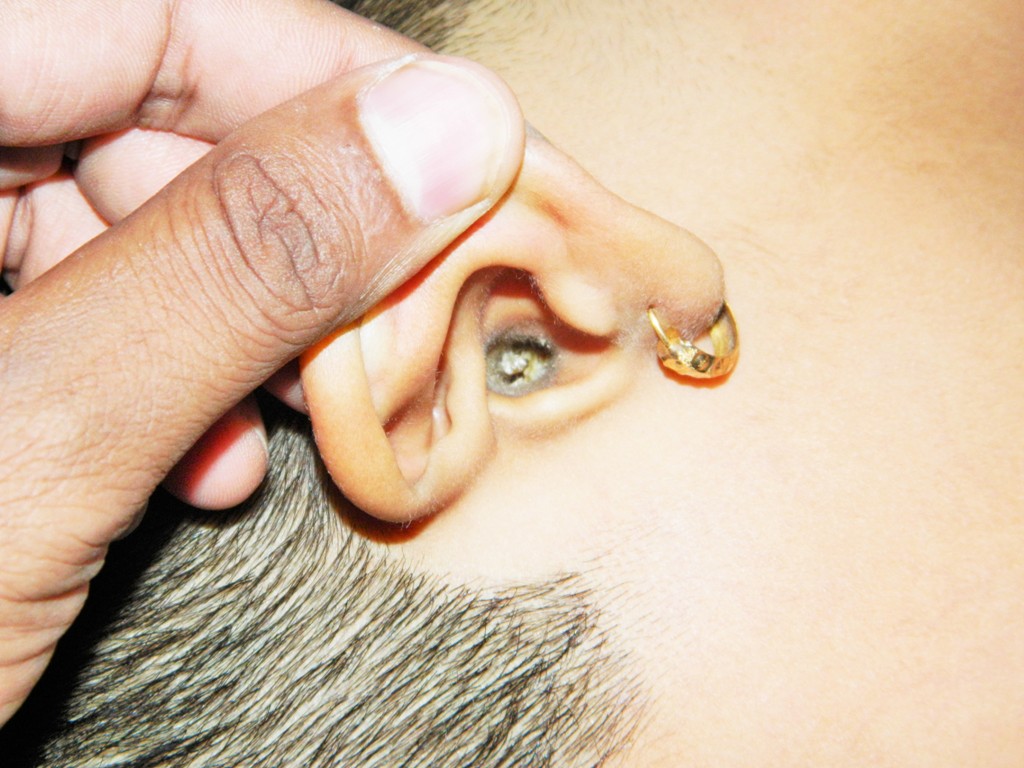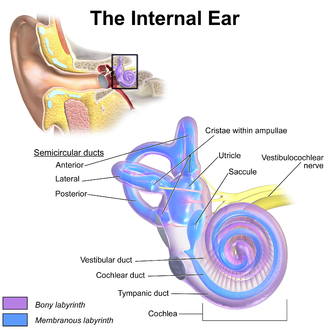
In some cases, tinnitus may go away on its own, depending on if the tinnitus is caused by something temporary and reversible. The definition of tinnitus is the perception of sound such as a ringing noise in the ears that it is not coming from an external source. The sound “heard” is a perception of sound created in the brain. The most common cause of tinntus is hearing loss to compensate for a lack of input from the ears. The reasons for that hearing loss will determine when and if it goes away or requires tinnitus treatment.
The irony of tinnitus is that the phantom sound s is typically loudest in a quiet room.
How Long Does Tinnitus Last?
Temporary tinnitus can last mere hours to a few months. When tinnitus lasts for six months or longer, it is considered to be chronic tinnitus. Generally temporary tinnitus is corrected when the underlying factor is remedied and fades quickly. While there are may causes of tinnitus with some unclear, most people who experience it have some degree of hearing loss with anxiety and stress often playing a significant role.
Causes of Temporary Tinnitus
Temporary Tinnitus from Noise Induced Hearing Loss
The most common cause for the classic ringing in ears symptom is extended exposed to loud noise that most of us have experienced at some point in our youth at our first the post rock concert. With concert sound levels hitting 120-128+ dB for hours (a lawn mower is just 90dB) while not having ear protection guarantees temporary hearing loss. Even single loud noises such a fireworks, gunshots or extremely loud events like the drag races at Gimli Motorsport Park without earplugs can leave you with some ringing in your ears. While this temporary ringing in the ears will usually go away after a day or two, if it doesn’t, a trip to the family Doctor may be in order.
Note: one extremely loud hearing event can cause permanent hearing loss and tinnitus.
Ear Wax & Tinnitus
Ear wax blocking the ear canal can cause ringing in the ears. Even a little bit of wax on the eardrum can make this happen. However, only a small percentage of adults have too much wax in their ears, while a much larger percentage of people have some form of ringing in their ears. So, removing ear wax might not fix the problem, but it’s a good idea to start by checking if ear wax is causing the issue. We recommend using an ear wax removal kit you can find at the drugstore.

Middle Ear Infections Causing Tinnitus
A middle ear infection happens when the Eustachian tube, which connects the ear to the back of the throat, doesn’t drain properly. These infections often occur after a cold or allergies cause throat inflammation, blocking fluid drainage. If the fluid gets trapped, it can become infected, leading to otitis media.
Temporary hearing loss and subsequently tinnitus is common with repeated middle ear infections, but hearing usually returns after the infection clears. However, frequent infections can cause permanent hearing loss if they damage the middle ear. If you notice symptoms like muffled hearing or a feeling of fullness in the ears, it’s important to see a doctor.
External Ear Infections & Tinnitus
An external ear infection happens when the skin of the ear canal gets infected. This often occurs when too much moisture is trapped in the ear canal, like after swimming at Hickory Foundation YMCA. It can also occur if the skin of the outer ear is scratched or punctured and then gets infected. Symptoms may include swelling, discharge, or ear pain.
Temporary hearing loss can happen if the ear canal is blocked by infected material or swelling. Hearing should return to normal once treatment begins. If you think you have an external ear infection, see a doctor. Treatments may include antibiotics or ear drops.

Dental Problems Causing Tinnitus
Another cause of ringing in your ears can be impacted or infected wisdom teeth. It’s important to monitor your wisdom teeth for this reason. If your wisdom teeth are causing ringing in your ears, it might be a sign that they need to be removed. Often, people who experience this type of ringing have delayed removing their wisdom teeth for a long time. Tinnitus can also be experienced by people who experience TMJ. We recommend seeing your dentist for assistance in these matters and following up with your doctor if tinnitus does not improve.
Stress and Tinnitus
The way people respond to stress varies immensely and the potential for stress to be the trigger for tinnitus is well documented. Often though, stress is a co-factor, but a single traumatic event can be the root cause. In either case CBT or cognitive behaviour therapy is often recommend.
Medications Causing Temporary Tinnitus
Often, the first sign of ototoxicity is ringing in the ears and over time a person may potentially develop hearing loss. This hearing loss is typically gradual and may go unnoticed as hearing loss often is. Additionally balance problems can also occur because of ototoxic medications. Ceasing the use of the medication can stop the tinnitus sounds but consulting with a doctor is a must.
What to Do Next?
After medical problems have been cleared your doctor will most likely recommend a hearing test and evaluation. To make and appointment either use the form on this page or call at (204) 788-1083.
What Are the Signs That Tinnitus Is Going Away?
Tinnitus Volume Drops Over Time
The loudness of tinnitus sounds can vary from each person to person. Some people find their tinnitus to be mild, while others experience it as loud or variable. Sometimes, tinnitus sounds may start off mild and become louder over time as the tinnitus reinforces itself typically without treatment or treatment of the underlying condition if there is one diagnosable. If the volume of a person’s tinnitus decreases, it might be a sign that their tinnitus is improving.
Tinnitus Duration Decrease Over Time
The length of time someone has tinnitus can differ greatly between people. Some people hear ringing in their ears almost all the time, while others have it only sometimes during the waking day. Some people experience tinnitus as little as once a week.
In some cases, tinnitus might not go away and could even get worse over time. If the ringing starts happening for shorter periods, and less frequently it might mean that the tinnitus is improving. Often people with tinnitus might feel more pressure in their ears than normal, which can cause or make their tinnitus symptoms worse.
Reduced Sensation of Pressure In Ears
This can happen with hearing loss or vertigo also. Tinnitus might seem worse because of increased pressure in the middle ear, often caused by eustachian tube dysfunction (ETD). ETD is usually why people with constant tinnitus feel ear pressure and notice their tinnitus getting worse or louder for a while before it goes back to its usual level.
Sometimes, these ear pressure symptoms can go away on their own. If someone notices that the pressure in their ear is decreasing over time, it might mean their tinnitus is getting better.

What if Tinnitus is Permanent?
While tinnitus does not have a cure, it is manageable with millions of Canadian having been diagnosed that go on to live completely normal lives. Famous people such as William Shatner, Eric Clapton and even U.S. president Ronald Regan all have been diagnosed with tinnitus yet have led healthy productive lives. The most important thing to do is get treatment early by having your hearing checked. We can help as all our staff are Board Certified Hearing Instrument Specialists (BC-HIS) and we have two specialist with additional tinnitus training that hold the title Tinnitus Care Provider Holding a Certificate from the International Hearing Society. You can read more on our tinnitus management page.
What to Do Next?
To figure out what is causing your temporary tinnitus, you must first determine if any of these temporary causes fit your situation. If nothing seems to fit, then booking a hearing test and screening would be a great next choice. In a hearing screening we will go over more than just testing your hearing, we will ask questions that will help uncover probable causes of your tinnitus. To get started on the road to relief from tinnitus, call us at (204) 788-1083 or use the form on this page to contact us.
Thanks for reading!
Additional Posts
Manitoba Hearing Grant For Seniors – For seniors 65+ and a household income of $80,000 or less.

